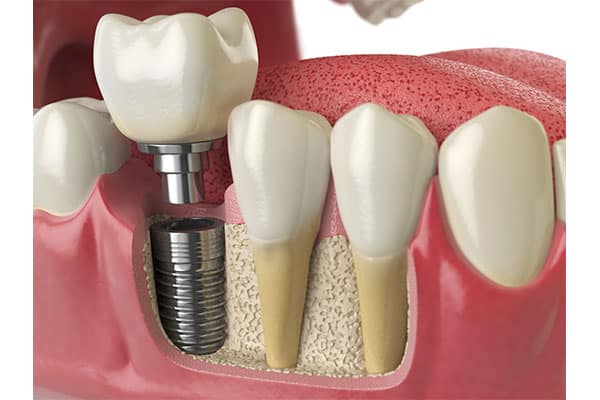
The branch of dentistry which deals with the replacement and aesthetic restoration of missing teeth, as well as associated soft and hard tissues is known as prosthodontics. The replacement is performed using prostheses, such as crowns, bridges, dentures and others. On noticing any issue of jaw structure or a missing teeth, contact the best dental clinic in India for efficient treatment.
Who is a Prosthodontist?
Dentists who receive additional training to specialize in treating and handling missing teeth, dental implants, and teeth replacement are known as prosthodontists. Book a visit to a dentist or dental clinic near you today if you notice any deformity in your jaw structure.
Request an appointment at Nidhi Dental, India. Call 09308381017 to book an appointment.
Why is prosthodontics conducted?
- To repair decayed, lost, or injured teeth.
- To maintain proper function, appearance, comfort, and natural dentition.
- To cause minor damage to the remaining teeth and provide a better replacement.
- To fit dentures, crowns, and other implants based on the shape and size of your face.
- To address sleep or snoring disorders.
- To treat oral cancer by removing cancerous growth.
- To provide the correct treatment for chewing and yawning issues.
- To treat discolored, chipped teeth, and make-up gaps between the teeth.
What are the different types of prosthodontics treatment?
There are four branches of prosthodontics that can help you restore optimal oral health.
- Fixed Prosthodontics: The treatment specializes in producing permanent dental prostheses. The prosthesis cannot be removed once it is fitted. Examples of fixed prostheses are artificial tooth crowns or caps, veneers, or tooth covers and bridges.
- Removable Prosthodontics: The specialty focuses on creating dental prostheses that can be removed when required. The prostheses are removed for cleaning and serve as long-lasting replacements. Examples include dentures, surface covers for tooth base or gingival veneers to hide discoloration.
- Maxillofacial Prosthodontics: Mouth tissues that have been malformed since birth, or due to an injury or disease, can be treated by maxillofacial prosthodontics. The deformed tissues create difficulties in swallowing, speech, and chewing. Maxillofacial prosthodontics can be intra or extra-oral. Examples of intra-oral prostheses include palate covers and extra-oral prostheses, consisting of the eye, nose, or facial prostheses.
- Implant Prosthodontics: This specialty uses implants to fix prostheses in position inside the mouth. Examples include crowns, removable and fixed dentures, and large bridges.
Conclusion
Prosthodontics aids in treating different malformations related to the jaw, teeth, or any facial structures and tissues. It also addresses cosmetic issues regarding the realignment of teeth and builds your self-esteem. If you are missing one or more teeth, or are interested in dental implants, or want to improve the aesthetic of your smile, visit a dental specialist near you.